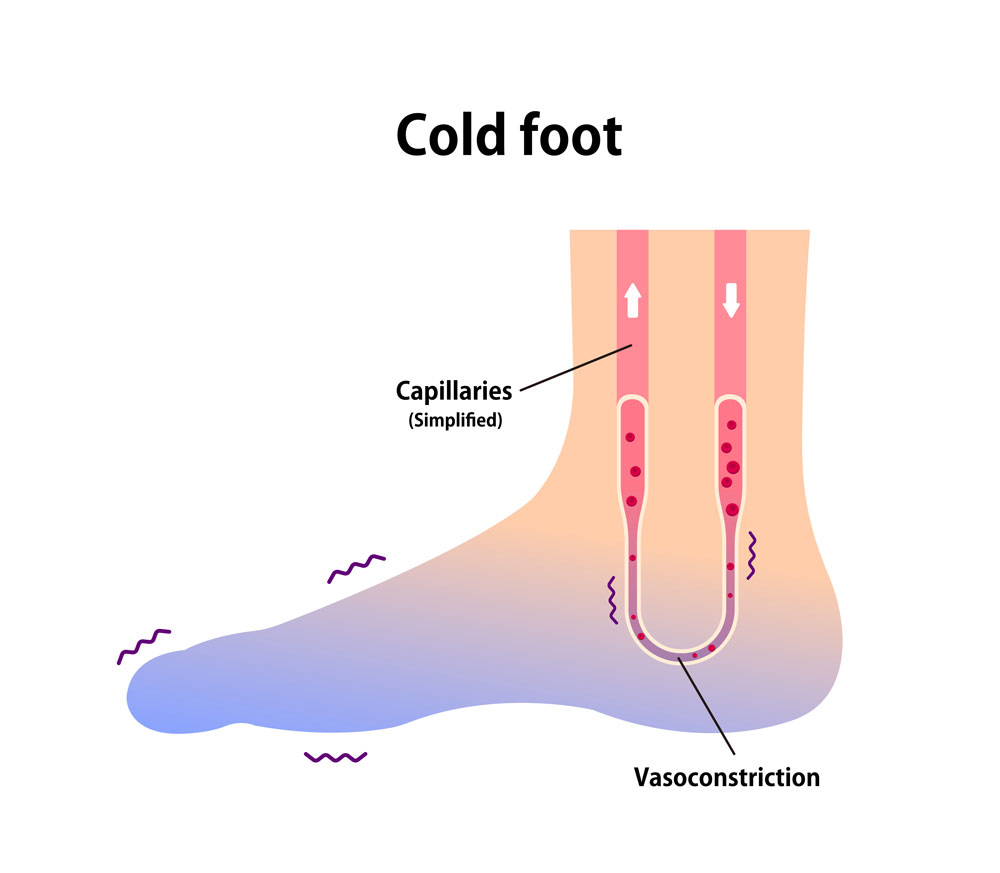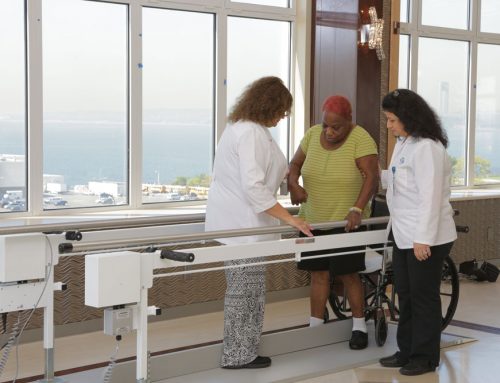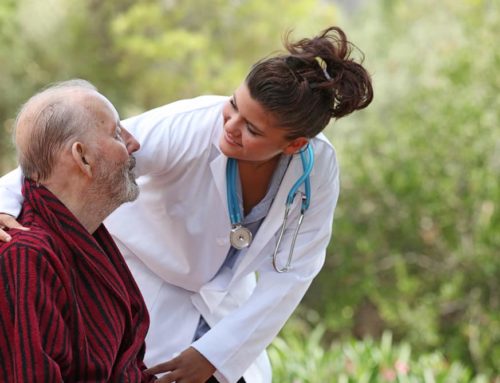One of the most common, and serious, problems adults and older people face is poor circulation. Blood carries oxygen and nutrients around the body and helps heal wounds and other ailments. However, If you have issues with your circulation, your body is less well able to fight off disease.
It’s important to get your blood pressure and circulation checked regularly. Follow your doctor’s advice regarding exercise, diet, hydration and lifestyle interventions, even if you are seriously ill.
The Dangers of Poor Circulation
Poor circulation leading to a lack of oxygen reaching your vital organs, including the brain and the heart, can have serious consequences. The danger to your mental, as well as your physical, health cannot be overemphasized. Risks include cardiovascular failure, stroke, and complications such as infected skin ulcers or blood clots.

If you have poor circulation, wounds heal more slowly and it takes longer to recover from illnesses. Elderly people with this condition and who are immobile are at greater risk of stroke and blood clots. Other risks include fatigue, lethargy and a lower life expectancy. If you have blood pressure problems, the risk of developing a blood clot may increase, for instance, during air travel.
The Symptoms Of Poor Circulation
A classic symptom of blood not circulating around your body normally is cold hands and feet. A condition called Raynaud’s disease leads to narrowing arteries in these parts of your body, and consequent circulation problems.
Numbness, tingling or swelling in the feet or arms could indicate poor circulation. People with this condition may also be more likely to get cramp and joint pain. Other symptoms include varicose veins, ulcers in the legs or feet, digestive problems, memory loss, and fatigue. Dry skin, brittle nails and hair loss, especially on the legs, are further symptoms.
Causes
Atherosclerosis is a condition where plaque (fats, cholesterol and other substances) builds up in the blood vessels, and especially arteries. This build-up of plaque narrows and hardens the blood vessels, which restricts blood flow, causing poor circulation.
Diabetes can also cause circulation issues, as high levels of blood glucose may damage blood vessels, causing plaque build-up.
Being overweight, smoking or drinking too much alcohol put you at much greater risk of developing circulation problems. A sedentary lifestyle in people who may already have other health issues can aggravate poor circulation. This can give rise to increased health risks as outlined above.
The information above is the for the education purpose only, please see your doctor if you have issues with your circulation. Impaired blood circulation is a very serious condition, which one should not ignore.
Haym Salomon Home for Nursing & Rehabilitation in Brooklyn, NY, delivers the highest standards of nursing care and rehabilitation therapies. Our friendly and compassionate staff have lots of experience in treating and alleviating the symptoms of poor circulation. Our care services are second to none. Do contact us to learn more about us and how we care for people with serious health issues.
This content comprises informative and educational resources only and can not be considered as a substitute for professional health or medical guidance. Reliance on any information provided in this article is solely at your own risk. If you have any inquiries or apprehensions about your medical condition or health goals, talk with a licensed physician or healthcare provider.






Good morning doctor , please is like I have poor blood cerculation my legs are too light on the floor they can’t move fast
Had major swelling of feet n ankles & bruises insane areas – & pain shots from bottom of foot thru leg – urgent care cut blood pressure medication in half – still have needle tingles
My hands and legs are too cold and i think I have varicose veins bulging blood capillaries in my leg What should I do to increase blood circulation
Hi doctor, I am suffering from cold feet, my feet are always cold even when I wear socks and close shoes. According to doctors no circulation issue is their, my TSH is also normal nerve conduction test is also normal. I don’t know what to do, please guide me.
I have the same issues. My toes feel so cold then I can’t sleep at night. I’m also experiencing memory problems. My tests are normal,
i seem to have cold hands and feet, my finger tips keep wrinkling like i’ve been in a bath, i also have lumps from maybe my veins on my thigh, i also get pins and needles a lot more than i use to. i also don’t have any half moons on my nails except my thumbs and i have ridges on them that extend from the bottom to the top.
Very worried over my lumpy mauve painful legs getting worse.
Zero blood circulation in legs etc, I told the surgeon that no one is cutting off my legs. He said that’s the least of my problems, what does that mean??! I have 8 organs left, they are in bad shape. Pancreas insufficient, cirrois of the liver and COPD. Etc..How long do I have?
Have had poor circulation all my life. When my parents became aware of it eith my restless sleeping due to “itchy” feet the doctor said I should wrar bed socks at night. I was very athletic when young though. I have had varicose veins since my 20s and am very sensitive to the cold.